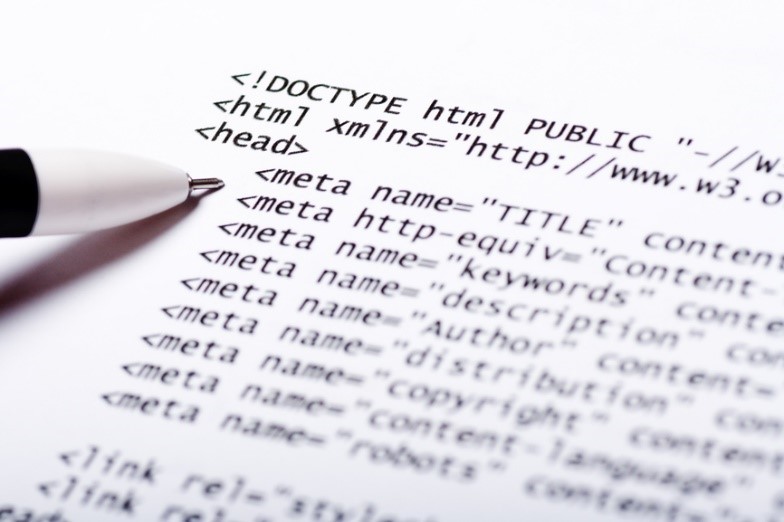
Source code copyright issues
-By Shruthika
In copyright legislation around the world, source code is considered the intellectual property of the creator. Source code is protected in the same way as a “literary work”, which means it is copyrightable from the moment that the first line of code is created.
Theft of software also constitutes copyright infringement. As far as the law is concerned, code is no different from prose or paint. Copyright gives creators certain exclusive rights over their works, whether those works are novels or website code. For example, Microsoft source code is both copyrighted and protected as a trade secret. As such, it is illegal to post it, make it available to others, download it or use it. Microsoft will take all appropriate legal actions to protect its intellectual property. Source code theft is when a malicious insider, or someone outside of your organization, steals the source code to your software. Threat from external actors is often spoken about. Every day we awake to news of a customer data breach or damaging data leaked online.
When you’re a company that puts that codebase into your final product, you must take precautions to minimize the risks that each type of code presents to you and to your customers. This is what is meant by protecting your software supply chain. It’s also how you maximize the value of the code for you and your customers. Each type of code has its own set of benefits and risks that need to be understood and managed.